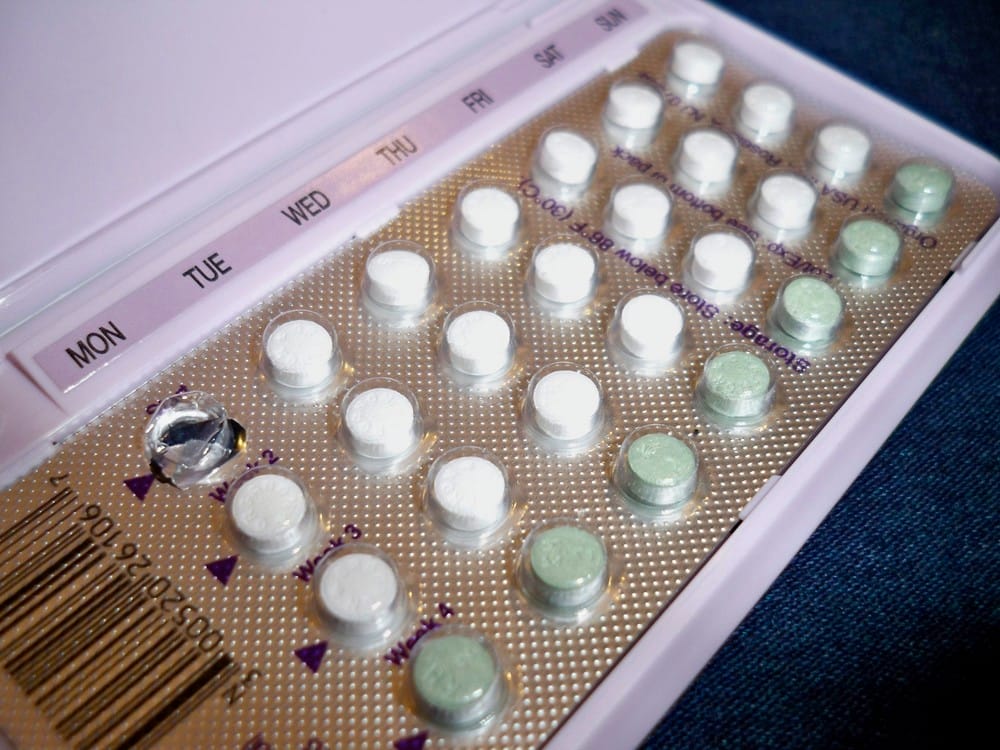How safe is safe sex?
The side effects linked to hormonal contraception.

Sex! We love to make love; but it’s important to stay safe. Around the world millions of women use hormonal contraception with an estimated 3.5 million taking oral contraceptives in the UK alone. Whilst it’s widely known that users can sometimes experience severe mood changes, a recent Danish study is one of the first to show a genuine link between the use of hormonal contraception and depression.
Researchers at the University of Copenhagen used data from multiple registers to test whether depression was linked to the use of different contraceptives. Over one million women, aged 15-34 years, living in Denmark, with no pre-existing conditions, were monitored over 13 years. Compared to non-users, women on combined pills were 23% more likely to start taking antidepressants and those taking progesterone only pills or the ‘mini pill’ were 34% more likely. Users of other methods of contraception such as the patch, implant and IUDs were even more likely to start taking antidepressants. Teenagers aged 15-19 years were the most at risk age group.
Compared to non-users, women on combined pills were 23% more likely to start taking antidepressants
Whilst these findings are no doubt important they don’t show if hormonal contraceptives are directly causing depression. The way in which contraceptives are linked to mental health conditions has not yet been determined. Every person is different and we’re still trying to understand the varied causes of mental health issues. Factors such as grief, stress, trauma, genetics and the environment are all thought to play a role in whether individuals are effected.
Hopefully this key long-term study will discourage the recommendation of long acting reversible contraceptives (LARCs) for young adults instead of the pill. In recent years the NHS has tried to encourage the use of LARCs as they were thought to have fewer side effects and don’t rely on people remembering to take them daily. These findings however, may influence the NHS to rethink their recommendations. They may also put pressure on pharmaceutical companies to develop forms of contraception with less severe side effects and invest more in developing options like the ‘male pill’ to give individual’s more choice. Only one thing is for certain: these findings will help people make more informed decisions on how they personally want to practise safe sex.







